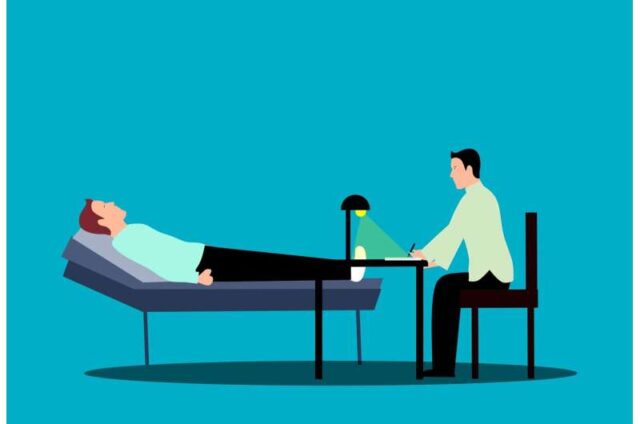The Holidays can be a time of joy and generosity, or it can exacerbate the dread and worry within us and challenge mental health. Along with the extra activities, travel, and spending, comes the additional social contact that can strike fear in the hearts of the anxious ones. In addition, those well-meaning friends and family members who attempt to fix us, advise us, and tell us what worked for themselves. Much of the advice for a case of “the nerves” can make anxiety disorders flare like the lights on a Christmas tree in flames (such as Generalized Anxiety Disorder, Social Anxiety Disorder, Panic Disorder, or Phobias).
So these well meaning folks blow it! If someone tells you they are anxious, pause before you repeat what your mother has advised you to do…it may be more than a little bit of the jitters. If you have anxiety and have questioned why this “sound” advice hasn’t made a meaningful improvement, you are not alone. Remember, not everything will work for every person. Anxiety treatment is individualized and different people experience the fear and worry of anxiety in different ways. If you have struggled with anxiety, remember that psychotherapy is effective and a gold standard of care. Cognitive behavioral therapy (CBT) or EMDR therapy can be helpful when working with a licensed mental health therapist.
Tip 1: Ignore It and It Will Go Away
Unlike that bratty three year old on the train, ignoring anxiety will not make it go away. In fact, a big part of anxiety can be avoidance, which is a kind of ignoring. It takes a lot of energy to “not” think, to “not” do something, or to pretend that everything is fine…in the middle of experiencing anxiety or even a panic attack. Part of anxiety therapy treatment is to acknowledge the physical sensations (such as sweaty palms, and rapid heartbeat), identify thoughts (such as self-defeating self-talk), label emotions (such as fear or anger), and link social or situational triggers (such as people, places, or things) that contribute to the escalation of anxiety. Continued ignoring and avoidance of situations, thoughts, emotions, and physical sensations can contribute to increased anxiety and reduced overall ability to engage in life.
Tip 2: Be like the Nike slogan, and Just Do It!
Frequently difficult social or emotional situations are endured with great distress when a person has an anxiety disorder. While at times it might be required to endure the agony for safety or practical reasons, generally it is not helpful or healthy to continue the activation of your flight-or-fight system without remedy or repair. The more frequently a person practices a state of being, the better they get at it, and being in a chronically state is distress is simply terrible for all aspects of your health. Enduring an anxious event without any additional tools or skills can feed and reinforce the fear.
Tip 3: Try To Distract Yourself
Emotions are there for a reason, and distraction invalidates what your senses and being are trying to get across to you. Distraction is similar to ignoring, except that space is filled with a behavior or activity. This can lead to ongoing problems, such as binge TV watching, “nervous” habits, and substance problems, among others. Once the distraction is over, the anxiety is waiting for you, something with greater intensity. It may be a painful or difficult experience to investigate situations or experiences that are the root emotions, but resolution will reduce anxiety.
TIp 4: What’s The Worst That Can Happen?
Anxiety is fear and avoidance based, and can spark catastrophic thinking which further strengthens fear and worry. Asking a person who is suffering from anxiety this question, can actually increase anxiety as the person absolutely can imagine terrible outcomes, but doesn’t have enough positive coping skills or tools to manage their current situation. So it becomes like a snake eating its own tail, catastrophic thinking feeding anxiety which feeds more catastrophic thinking.
If you have anxiety that you haven’t been able to deal with on your own, visit a psychotherapist who is experienced and knowledgeable in reducing anxiety. Psychotherapy for anxiety can help reduce intrusive thoughts, worries, everyday fears, and that sense of internal nerves gone haywire. Effective treatments include cognitive behavioral therapy (CBT) and eye movement desensitization and reprocessing (EMDR), and a psychotherapist can make a recommendation if seeing your physician may be a good idea as well.



